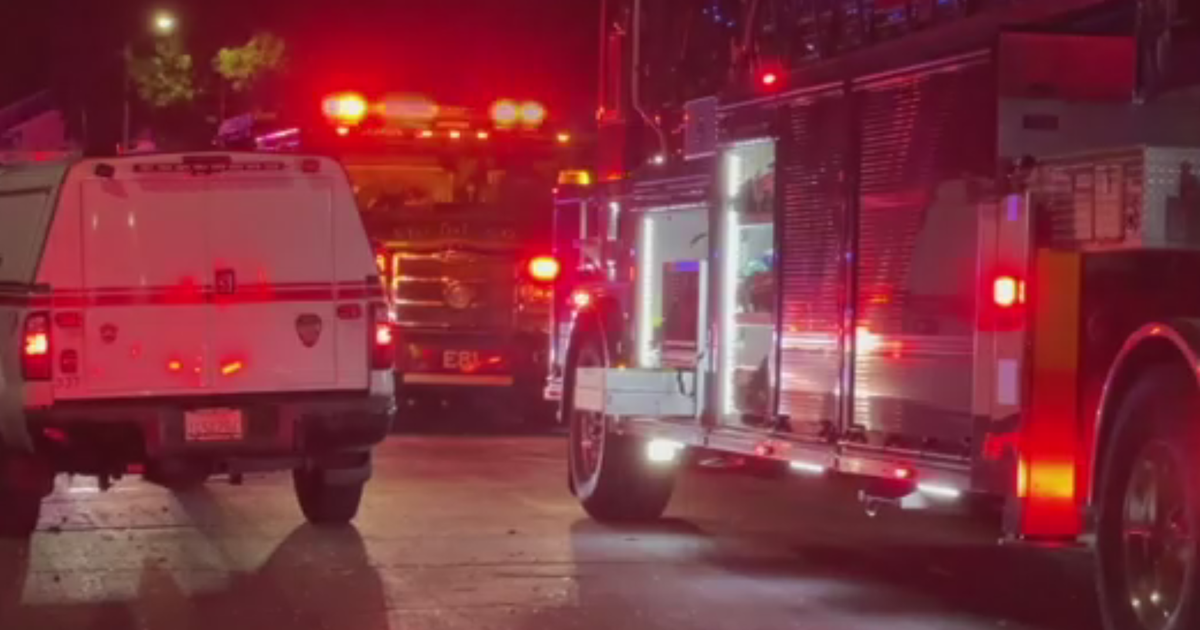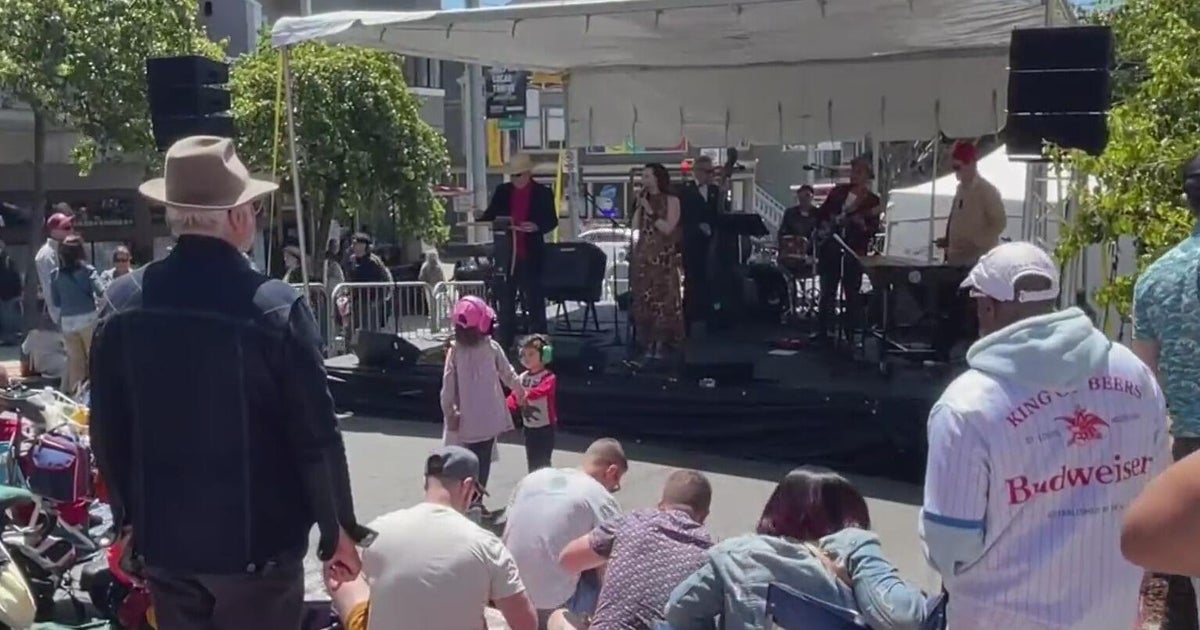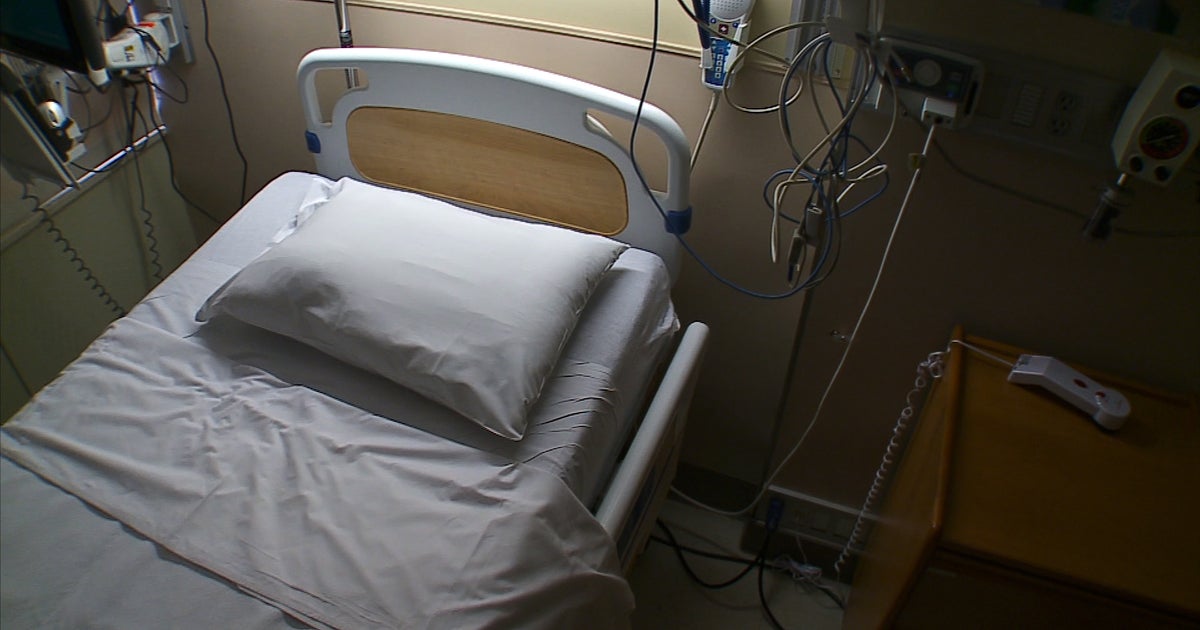Tiny Homes: A Movement Or A Solution To Homelessness?
RICHMOND (KPIX 5) -- It's a small but growing movement in the Bay Area: living tiny. Community leaders are increasingly deploying tiny homes to help the homeless.
When Amanda Kovattana saw her first tiny home, she says she was "charmed by the idea."
"I mean, it's so cute and it looks like a house," she said while laughing.
Kovattanna is a professional organizer who now lives in a tiny, 130 square foot home. A tiny home is technically anything smaller than 400 square feet.
"Artists and builders enjoy that they created the space exactly to their needs so it's a custom fit and that has a lot of appeal," Kovattana said.
Her tiny home cost her $28,000 and while she was motivated by the price, she insists this is more about a lifestyle change than a financial one. Kovattana considers herself to be a "tiny house person." She says living tiny is a social and cultural movement that's about artistic minimalism and reducing your carbon footprint.
"The community is very eco-aware, many people want to live in a tiny house because it costs less and allows them to save money and that's terrific, but also the people who are doing the innovations tend to be more off grid," she said.
Tiny homes grew in popularity around 2008 after so many people lost their homes in the mortgage crisis. Craigslist advertisements in the Bay Area now offer the opportunity to rent dirt for $800 a month.
Kovattana rents a lot for $700 a month plus 10 hours of gardening work for her landlord. She loves this lifestyle but insists it's not for everyone.
"If you ask your friend, 'Would you live without a flush toilet?' 99% would say no!"
Increasingly around the region, community organizers are hoping the inexpensive miniature models might help solve the misery on our streets. Joe Serrano, the CEO of Tentmakers in Richmond, is one of them.
"What I'd like to do here is develop this site. It's a great building, a great site, there's a lot of potential to provide housing to people who are homeless," Serrano said while pointing to a vacant lot on Church property in Richmond.
He'd like to convert the derelict building into a tiny home park for veterans.
"This is the right thing to do. It's probably costing more money to not do anything that it would to do it," he said.
The concept of tiny homes for the homeless is gaining momentum around the region. Oakland has its Community Cabin program, San Jose is building Tiny Homes for the homeless, and housing advocates in San Francisco proposed a Tiny Home village in the Tenderloin. But Kovattana worries these programs are missing the point.
"I think it's alright for an interim period, but it's not for everyone, not everyone thinks off grid...and to ask a homeless person to do that when that's not their idea, that's defeating the purpose," Kovattana said.
Researchers at UCSF have found if you're someone who is willing to commit to the rules that often go along with city-run communities, success rates are extremely high. Unfortunately, many people won't consider this option simply because there are so many strings attached, like a curfew and a commitment to sobriety.
Dr. Margot Kushel at UCSF suggests a housing first model is more successful with a broader population.
"The model has been that we invite people into housing, give them subsidized housing with no preconditions, they don't have to follow certain rules and we find that people's health improves and their sobriety improves," Kushel said.
Still, people like Serrano can't help but see vacant space as an untapped opportunity and a chance to create a tiny home for those without one.



